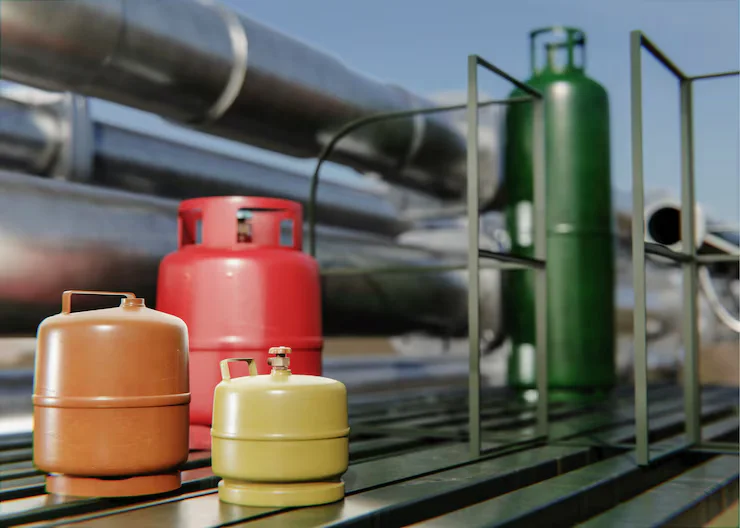Choosing a propane supplier involves more than making a quick call or comparing prices. For households and businesses that rely on propane for heating, cooking, or equipment, consistent service plays a crucial role in daily comfort. Asking the right questions early can help ensure that fuel arrives on time and that systems continue to run without disruption.
Many buyers begin their search with the phrase “propane gas near me” when looking for nearby options. However, finding a reliable provider takes more than selecting the closest name on a list. By understanding the types of services available and what to expect in terms of support, customers can make informed decisions that suit their needs and reduce the chances of future issues.
1. What Delivery Options Are Offered?
Some suppliers offer scheduled deliveries that estimate when your tank needs refueling based on previous usage or outdoor temperatures. Others give customers the option to call for service once their tank reaches a certain level. Both systems serve different needs, depending on the frequency of propane use. It helps you choose a delivery approach that suits your routine. A well-matched schedule means fewer interruptions and less monitoring on your part.
2. Is Emergency Delivery Support Available?
Running low during colder months can impact the efficiency of systems inside the home. Inquiring about a company’s delivery support hours, including after-hours and weekend services, is a crucial factor in selecting a fuel provider. Some teams operate year-round and respond to service requests outside of regular hours. For households that heavily depend on propane, such support can offer peace of mind during uncertain times.
3. What Pricing Details Should Customers Be Aware Of?
Fuel pricing varies from one provider to another, so it’s essential to request a clear breakdown of how charges are applied. Some companies follow a fixed-rate system, while others adjust rates based on fuel market trends. In addition to the per-gallon cost, customers should review any extra fees in advance.
Standard charges to ask about include:
- Delivery or service call fees
- Equipment rental or tank leasing costs
- Minimum usage requirements
- Optional monthly budget plans for winter heating needs
Craving more content like this? We’ve got you covered—explore these related reads next.
4. Does the Provider Handle Equipment and Maintenance?
In addition to fuel delivery, some suppliers offer help with tank installation, safety inspections, and system servicing. These extras may be valuable for customers who prefer working with one provider for both delivery and maintenance. Inquiring about safety checks or tune-ups offers insight into the level of support you can expect. Regular care can help equipment run more efficiently and reduce the chances of disruptions.
5. How Familiar Is the Company with the Local Area?
Working with a provider that knows the local region can help make deliveries more efficient. Familiarity with seasonal fuel demands, road conditions, and neighborhood access can help ensure consistent service throughout the year. A supplier with experience in nearby communities may also offer more flexible scheduling options. This can be particularly useful when fuel demand increases during colder months or when household demand changes unexpectedly.
Helpful Services That Go Beyond Delivery
Some companies offer both delivery and heating support. These providers may give customers the choice of automatic or will-call refueling, round-the-clock availability, and help with equipment upkeep. Others also offer budget plans that spread fuel costs over a specified period. When combined, these options can reduce scheduling stress and help homes stay ready during changing weather or seasonal shifts.
Most searches for “propane gas near me” yield a lengthy list of providers, but finding the right one depends on asking thoughtful, informed questions. Clarifying delivery options, service hours, cost breakdowns, and available maintenance support makes a big difference in long-term satisfaction. A supplier that offers flexibility and consistency can make propane use easier to manage, especially when energy needs shift throughout the year.
If you enjoyed this post, you’ll love what’s featured on 2A Magazine.







